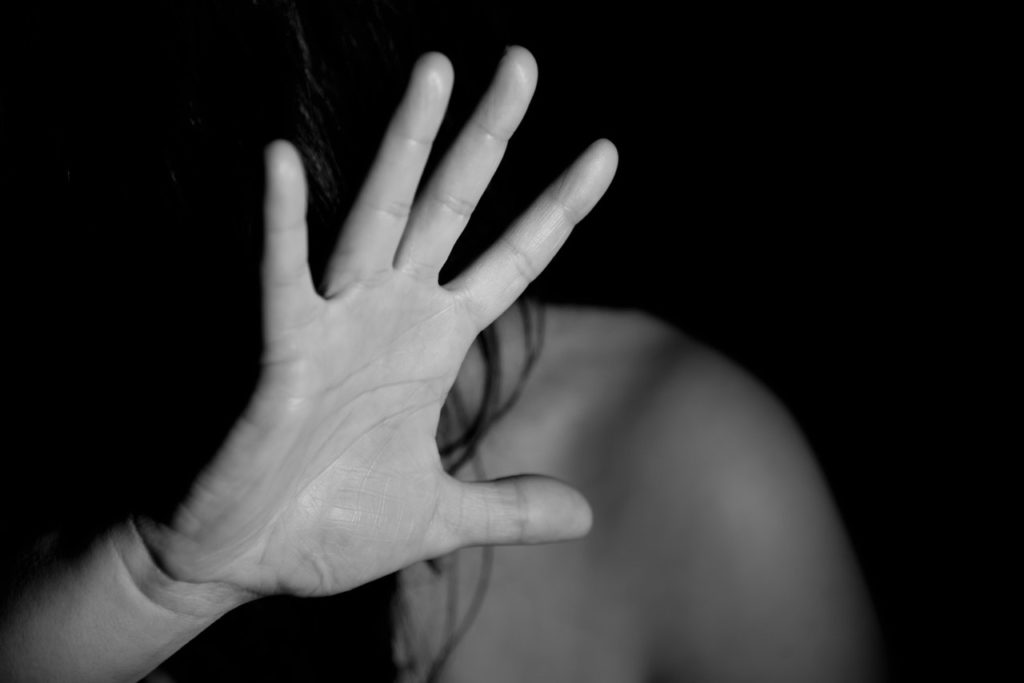Did you know that in Australia between 2016-17, 72,000 women, 34,00 children and 9,000 men sought homelessness services due to domestic/family violence?*
Or that on average, 1 woman a week is killed by a current or former partner?*
Those figures are absolutely staggering.
Given these statistics and increasing media coverage of family related violence ending in tragedy, many people associate domestic and family violence with physical harm. However, it is important to remember this is not always the case.
Statistics also show that 1 in 4 women and 1 in 6 men have experienced emotional abuse by a current or previous partner.*
When we think about these figures and our friendship groups, this suggests that we all know someone who is at risk of, has a history of, or is currently experiencing some form of domestic and family violence or abuse. It may even be you.
In addition to physical and emotional abuse, sexual and financial abuse are also forms of domestic violence. Ultimately, these situations are all about the perpetrator having power and control.
To ensure the safety of ourselves, and the people we care about, we should all be aware of the signs in order to be proactive in engaging or offering assistance.
Here are some of the signs of domestic violence and abuse:
- unfairly and regularly accuses person of flirting or being unfaithful
- controls how they spend money
- decides what they wear or eat
- humiliates them in front of other people
- monitors what they are doing, including reading emails and text messages
- discourages or prevents them from seeing friends and family
- threatens to hurt them, the children or pets
- physically assaults them (hitting, biting, slapping, kicking, pushing)
- yells at them
- threatens to use a weapon against them
- decides what they uses for birth control
- forces them to have an abortion or to continue a pregnancy
- constantly compares them with other people
- constantly criticises their intelligence, mental health and appearance
- prevents them from practicing their religion.

Other more subtle signs you may notice in a person include:
- withdrawal from socialising, becoming isolated
- loss of confidence
- depression
- reluctant to leave their children with their partner
- partner constantly texts, rings or follows them when out by themselves
- seems overly jittery, nervous or fearful
- wears inappropriate clothing in warm weather such as scarves or long sleeves or heavy make-to cover signs of physical abuse
It is also important to consider the impact of domestic and family violence on children who may be witness to, or victims themselves, of abuse.
Children affected may:
- copy the abusive behaviour, bully others or be cruel to animals
- be bullied by others
- feel fearful, nervous, guilty or depressed
- relapse into bed wetting and thumb sucking or have nightmares
- show changes in their school behaviour and performance
- have unexplained ailments including headaches, asthma and stuttering
- run away from home
- attempt suicide or self-harm
- abuse drugs and alcohol.
There are many resources to assist someone who is experiencing domestic or family violence, including:
Lifeline Domestic Violence Toolkit
CBA Domestic & Family Violence Emergency Assistance Program
Domestic Violence Prevention Centre
*Statistic sourced from the Australian Institute of Health and Welfare

